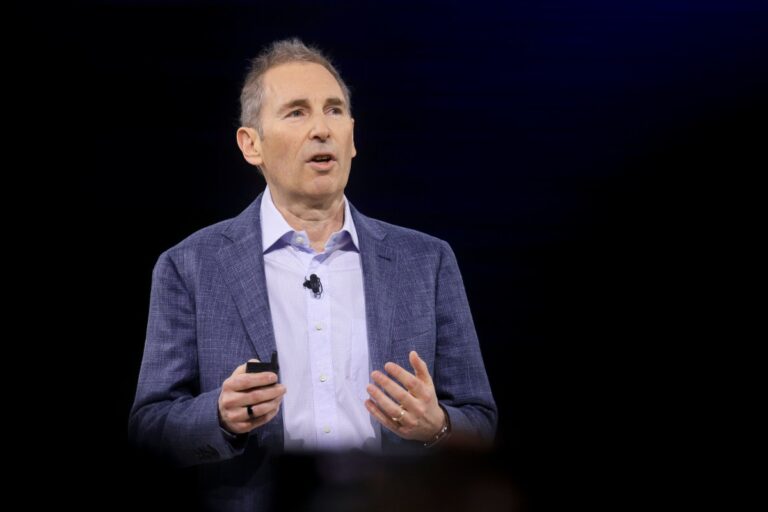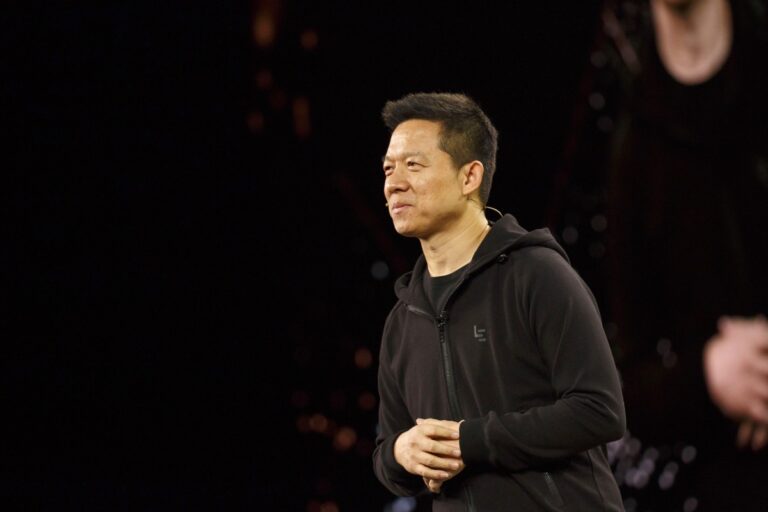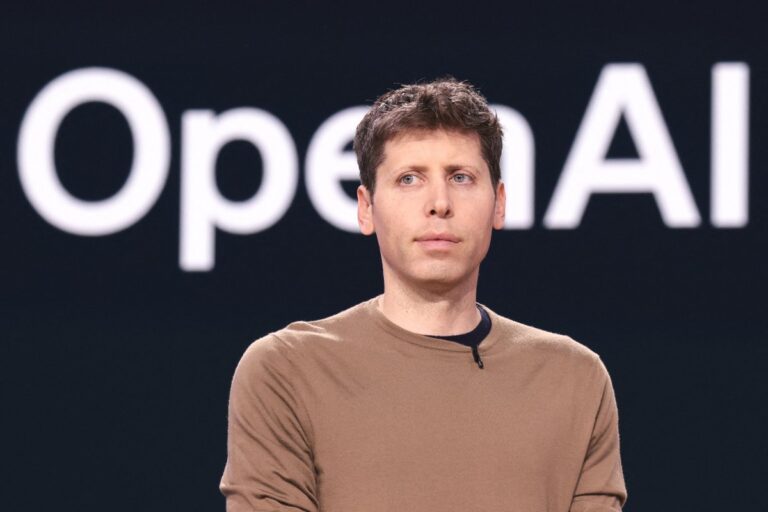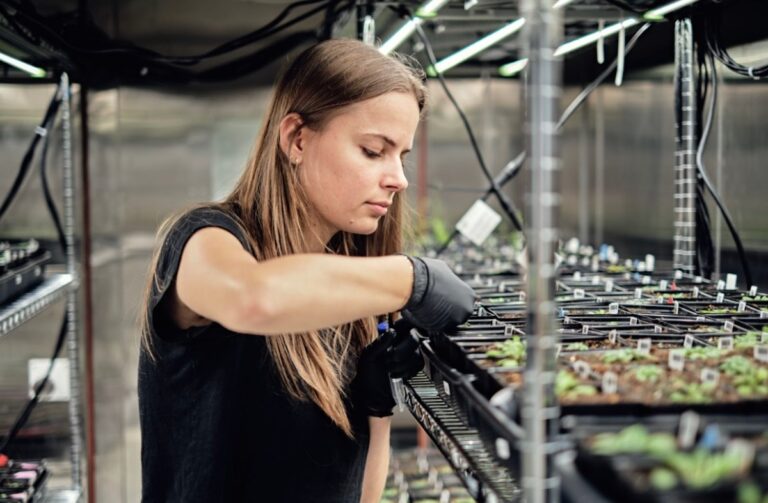Klarna CEO Questions AI’s Ability to Replace Salesforce: Insights on the Future of CRM
In a recent announcement, Klarna‘s founder and CEO, Sebastian Siemiatkowski, took to X to discuss the fintech company’s shift from Salesforce’s CRM to its own proprietary AI system. This change, made about a year ago, has become a talking point in the tech community, especially as Klarna prepares for its upcoming IPO.
Klarna’s Shift to In-House AI Systems
Siemiatkowski emphasized that, despite Klarna’s decision, he does not believe other companies should necessarily follow suit. “I don’t think it is the end of Salesforce; it might be the opposite,” he noted in his post. This statement comes amid growing interest in Klarna’s innovative approach to customer relationship management.
The Impact of the Change
The announcement that Klarna had developed its own AI system, based on OpenAI’s ChatGPT, allowed the company to terminate its contract with Salesforce. This decision has significant implications:
- Cost Savings: Klarna reported a savings of approximately $40 million annually.
- Workforce Reduction: The transition resulted in the replacement of 700 full-time contract employees.
This news went viral following Siemiatkowski’s remarks during an investor day, sparking discussions about the future of CRM systems.
Concerns from Salesforce’s CEO
Following Klarna’s announcement, Salesforce CEO Marc Benioff expressed skepticism regarding how Klarna manages its customer data and compliance needs. Siemiatkowski shared an anecdote about feeling embarrassed when Benioff questioned the rationale behind Klarna’s departure from Salesforce.
Ensuring Data Compliance
As Klarna prepares for its IPO next month, Siemiatkowski is keen to clarify that the company is not uploading all customer data to OpenAI. Instead, he explained that the project involved consolidating data from various SaaS systems, including Salesforce, into Klarna’s internally developed technology stack.
While the specifics of this data migration remain vague, Siemiatkowski mentioned the use of Neo4j, a Swedish company known for its graph database technology, as a key component of Klarna’s new system.
Building vs. Buying Enterprise Software
Siemiatkowski remarked on the ongoing debate in enterprise software: whether to build custom solutions or buy existing ones. He believes that most companies may not opt to develop their own AI-centric software like Klarna has done. Instead, he predicts a trend toward major consolidation in the SaaS industry.
“Will all companies do what Klarna does? I doubt it,” he stated. “On the contrary, much more likely is that we will see fewer SaaS companies consolidate the market, and they will do what we do and offer it to others.”
For more insights on fintech innovations and the future of SaaS, visit Fintech News or explore our Fintech Insights page.







